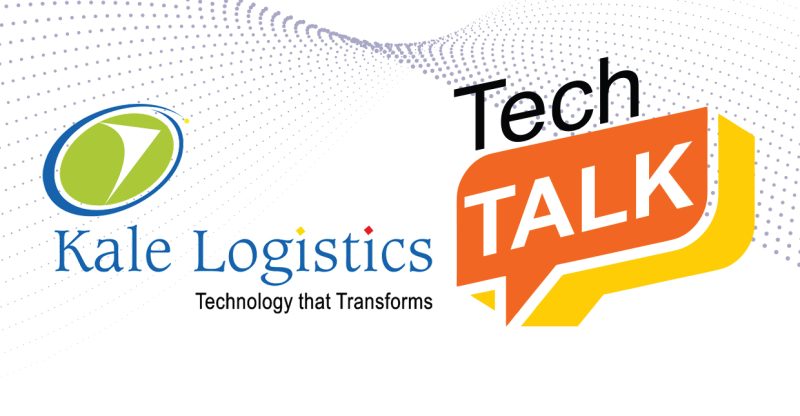AI in Air Logistics: Transforming Supply Chains Through Collaboration and Da ta-Driven Efficiency
Artificial Intelligence (AI) is transforming the air logistics industry by optimising processes, enhancing data accuracy, and enabling better supply chain management. AI-driven solutions allow for improved demand forecasting and cost reductions through efficient storage, minimizing idle times, and boosting flexibility in supply chain responses. However, adopting AI comes with challenges, including data security risks, third-party data management, and the need for harmonized standards across various platforms.
A key approach to leveraging AI in logistics is through collaborative cargo community systems (CCS), which facilitate data sharing and create a unified digital landscape. These systems connect stakeholders, such as airlines, customs, and ground handlers, enabling seamless interactions that enhance efficiency and transparency. The concept of a ‘combined SWOT analysis’ helps to balance strengths and weaknesses, using AI’s real-time data insights to mitigate risks and create a competitive advantage for the entity and the industry as whole.
Despite the promising benefits, AI adoption remains slow, primarily due to the lack of industry-wide collaboration and standardisation. A promising solution is a Minimum Viable Product (MVP) approach, where stakeholders participate in a shared system to showcase AI’s potential benefits. Ultimately, a collective effort with a focus on collaboration and shared goals can drive the AI-led transformation in logistics, creating a more responsive and efficient industry.











